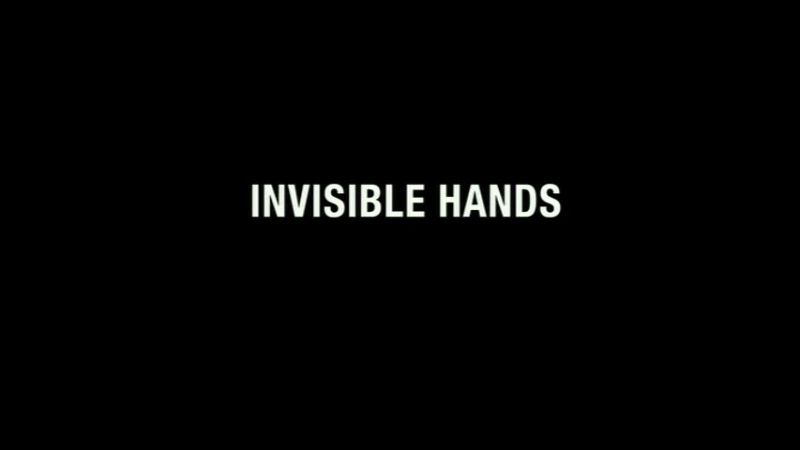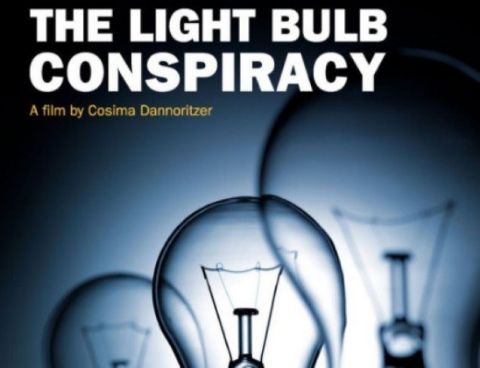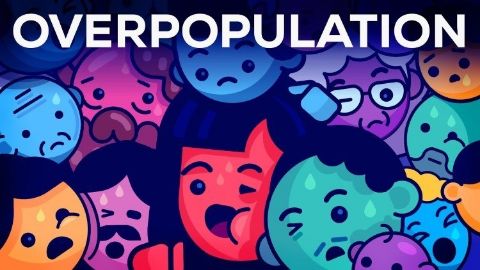Curiosity Retreats: 2014 Lectures • 2014 • 10 episodes •
Michio Kaku, best-selling author and physicist, imagining the not-so-distant future, offers his projections for advancements in humanity's understanding of the brain over the next century. Kaku envisions a world in which progress in neuroscience and biotechnology will demystify the human mind.
2014 • Brain
Vint Cerf, co-author of the TCP/IP protocol suite that provides the Internet with its basic architecture, is known as "one of the founding fathers of the Internet." Cerf discusses what the future may hold for the internet: will it ultimately connect us with the universe?
2014 • Technology
As the director of one of a world renowned institute for scientific research -- the Institute for Advanced Study -- Robbert Dijkgraaf is a pioneer in the field of mathematical physics. This string theory specialist draws from his experiences to elucidate current advances in physics.
2014 • Science
Eric Drexler, the "founding father of nanotechnology," and Jim Phillips, the CEO of Nanomech, discuss the potential applications and implications of nanotechnology. How will this atomically precise manufacturing impact the future of technology, global governance, and the environment?
2014 • Technology
Dr. Nancy Etcoff, a leading researcher in the field of positive psychology, reveals why it is crucial to understand exactly how our mental and physical health is benefited by emotions like happiness and joy, and how we are affected by anxiety and depression.
2014 • Lifehack
John Hendricks, founder of the Discovery Channel and CuriosityStream, explores the largest numbers in the Universe and describes how the average person might be able to comprehend their scale. How can a normal person understand "quadrillion" in real terms?
2014 • Math
Harvard professor and best-selling author, Dr. Lisa Randall, simplifies and expounds upon some of modern physics' most basic questions. What is dark matter and dark energy? What is the fundamental nature of space and time? What do we not know yet about the universe and its fundamental properties?
2014 • Astronomy
Ambassador Henry Crumpton, a veteran CIA operative with experiences on the front line of America's initial campaign against the Taliban in Afghanistan, considers the paradigm shift caused by the increased role of non-state actors in the Mid-East and other issues facing that region and the world.
2014 • Economics
Sheryl WuDunn, a best-selling author and Pulitzer Prize-winning journalist, illuminates the economic, financial, political and social issues in East Asia and around the world, and the economic and political uncertainties facing China today.
2014 • Economics
The best-selling authors of Super Brain, Dr. Deepak Chopra and Dr. Rudy Tanzi, describe the basic rules about how our brain functions. Your brain always eavesdrops on your thoughts. Can you teach your brain to become unlimited, by thinking that you have that potential?
2014 • Brain















